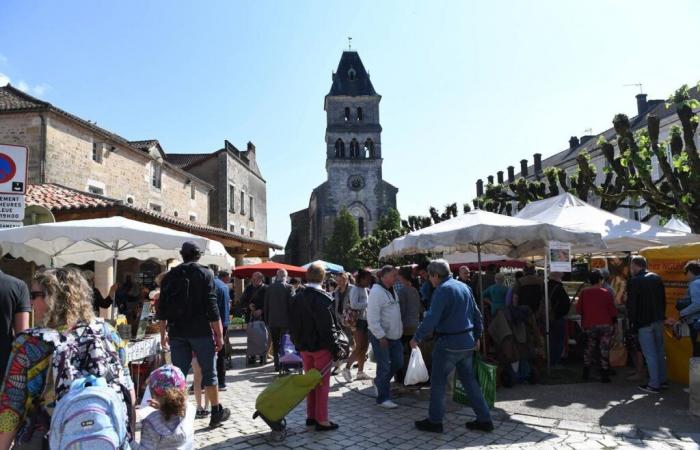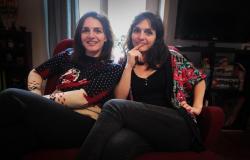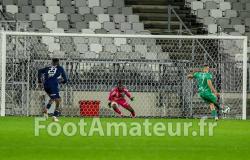Périgordins, Périgourdins, Dordognais or Dordognots? The niceness of the department is already being debated. Gentile is the name that designates the inhabitants of a territory. If, in Bordeaux, it is the people of Bordeaux, in Périgord or in Dordogne, it is not so simple to name those who live there. First, because the name of the department itself is the subject of debate. Then, the territory lies between Latin and Occitan traditions. Finally, and above all, gentility follows no obligation, nothing is engraved in stone, nor in the law.
The site inhabitants.fr, that of the Union of Mayors of Dordogne, Wikipedia, various works written by locals and the research of our correspondents do not always reach consensus. This is why “Sud Ouest” set out to contact town halls, in the hope of finding “a good answer” for each municipality.
Like Bassillac-et-Auberoche, many communes in Dordogne have several denominations for their inhabitants.
Philippe Greiller
One municipality, one case
Call after call, each mayor, elected official or town hall secretary shared their anecdote. The majority of municipalities have a unique and identifiable gender. This is the case for 449 of them. The remaining 54 do not follow the same rule, for different reasons.
There are those which have been grouped together, at various periods of history, giving them a long and sometimes complicated name which does not allow us to extract an understandable meaning. These marriages were often the subject of compromise, each retaining their original gentility. For example, at La Tour-Blanche-Cercles, the Tourblanchauds live alongside the Cerclois. “In the regrouping agreement, it is written that we must keep the historic municipalities as delegated municipalities. So the residents also keep their historical names,” explains Daniel Bonnefond, the mayor. And this is the case for many groupings.
Marriages and compromises
For others, the task was impossible because of the complexity of the toponym. The mayor of Saint-Aulaye-Puymangou, Yannick Lagrenaudie, was unable to decide: “It's difficult to find a common designation with such different names.” So, after the merger in 2016, the Eulalians and the Pechmangorians remained themselves. Among these groupings, there are exceptions, such as Coux-et-Bigaroque-Mouzens where the Couxois and the Mouzensois became the Couzensois. Likewise, in Beaumontois-en-Périgord, where everyone became Beaumontois in 2016.
On the Coteaux Périgourdins side, the story is even different: it is the inhabitants who chose their new gentility. “We asked our fellow citizens to find a neutral name for the two municipalities and with which everyone identifies. They chose to become Costelois,” confides Jean-Marie Chanquoi, chief magistrate of the village.
In other towns, the inhabitants have never managed to come to an agreement and several uses remain. In Fossemagne, the town hall uses the term Fossemagnais in the municipal bulletin but “old people still talk about Fossemagnacois, we don’t know why,” admits the mayor, Annie Delage. It is the same with the Petrocorians of Périgueux who are debated when the term Périgourdin is well established.
Use of yesteryear
In other isolated cases, ancient uses have been found but they are no longer used at all. This is the case for the municipalities of Cherveix-Cubas (Cherveicubacois), Église-Neuve-d'Issac (Égliseneuvois) and Bourg-des-Maisons (Burgusdomorois).
Finally, there are those who have nothing and whose history has not even left a trace. Serge Durant was born in Saint-Michel-de-Double. He is today the mayor. “I have never heard the residents call each other by a particular name,” he assures. In total, 14 municipalities are in this same situation.
The Champs-Romain town hall tried to remedy this situation, in vain. “We launched a public survey to ask citizens to choose a gentile but we only got ten responses. We said to ourselves that people weren’t interested,” admits the councilor, Serge Viroulet. Others even dug deeper and came up empty-handed. “We went back to the XVe century without finding any trace of denomination,” admits the municipality of Valojoulx.
To date, data remains missing, in the absence of a response from town halls. Any reader who has additional information to communicate on the subject is invited to contact the editorial staff (1).
(1) Write to [email protected] or call 05 53 45 24 52.






